The Future Says we’re closer than you think
One Health, One Medicine
Human health is closely linked to animals, plants and our shared environment. Our interdisciplinary approach improves our wellbeing – and that of everything else.
What’s the problem?
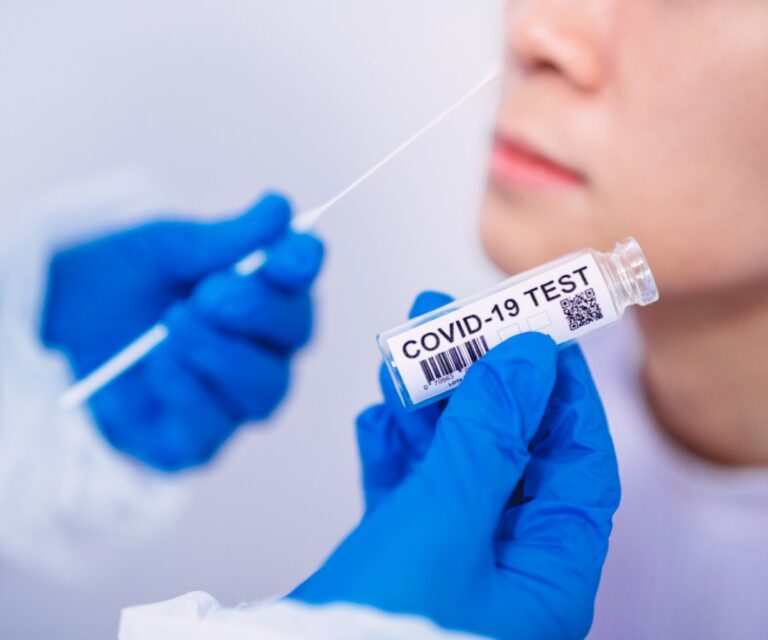
“The importance of our research has never been clearer,” says Surrey’s Dr Daniel Horton, Reader in Veterinary Virology. “It’s widely believed Covid-19 had a zoonotic origin. This underlines how closely human health is linked to animals and our shared surroundings.
“Population growth, urban sprawl, climate change and land use, species loss and population movement have all dramatically changed interactions between humans, animals and our environment.
“If we’re to successfully prevent the next pandemic, we need an approach that understands, addresses and mitigates this in a holistic manner and encompasses sustainability. That’s a perfect example of how One Health, One Medicine (OHOM) operates.”
What we’re trying to do
OHOM brings together experts from various disciplines to improve our wellbeing – and address some of the current grand challenges.
Much of our joint medical and veterinary research is conducted under the OHOM umbrella. So far, this has focused on the development of more accurate medicines with fewer side effects, better x-rays, disease detection methods, improved gut health and reduced antimicrobial resistance (AMR).
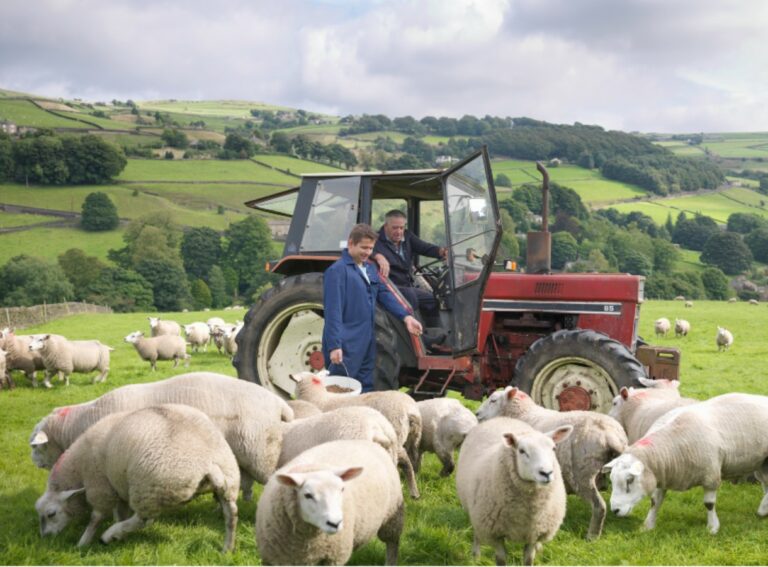
Key areas of our work focus on:
- Agricultural production and land use
- AMR
- Biodiversity and climate change
- Diabetes
- Disease surveillance, epidemiology, prevention and response
- Emerging threats
- Environmental health
- Food safety, food security and sustainability
- Foodborne zoonoses
- Global trade, commerce and security
- Musculoskeletal diseases
- Neurology
- Occupational health
- Oncology
- Wellbeing of humans, animals and ecosystems
- Veterinary, occupational and public health.
Put simply, we’re creating a comprehensive methodology and solutions to address some of the most important current challenges facing society, animals and the environment, and future-proof ourselves against the next health crisis.
For example, could the similarities between non-contagious diseases in different species such as arthritis lead to a cure?
Who’s involved?
We’re a member of the One Health European Joint Programme, a collaboration of 44 partners from major medical, veterinary and food laboratories across Europe. We also work with:
- Animal and Plant Health Agency
- Centre for Environment, Fisheries and Aquaculture
- Department for Environment, Food and Rural Affairs
- National Physical Laboratory
- The Pirbright Institute
- NHS trusts
- Veterinary Medicines Directorate

Dr Dan Horton
Trained as a veterinarian but he now works on diseases that affect both animals and people. Experience studying infections such as rabies all over the world has given him a passion for taking a OHOM approach.
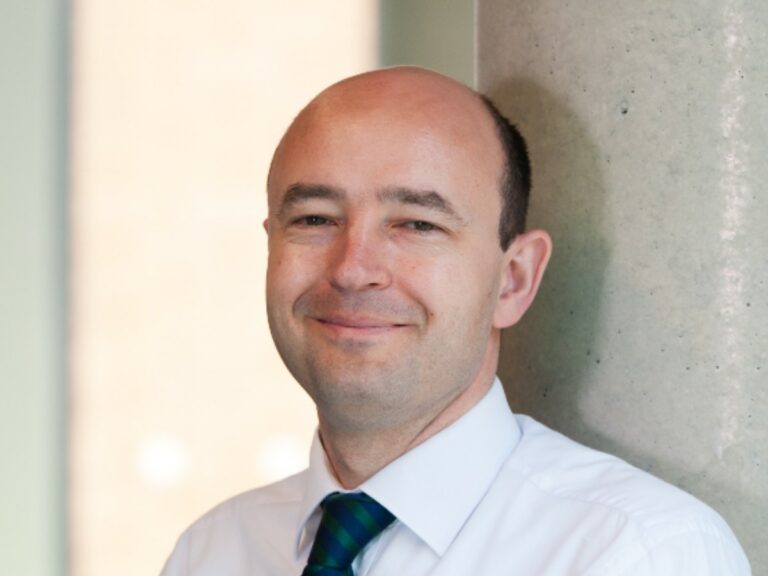
Professor Roberto La Ragione
Was awarded Honorary Associateship of the Royal College of Veterinary Surgeons (RCVS) in 2020. His research focuses on AMR, understanding the biology of zoonotic pathogens, and the development of mitigation strategies such as vaccines and alternatives to antibiotics.
Why we need your help
We’re training the next generation of OHOM scientists. Since 2018, major bodies such as the European Union and the Wellcome Trust have supported us for:
- Continuing professional development
- Education and training activities
- PhD studentships
- Research
- Short-term missions
- Summer schools
- Workshops
This is work we need to continue. With your support, we will.
“It’s taken an international, interdisciplinary and holistic collaboration to tackle Covid-19. We need to replicate that approach to predict, prevent and respond to such diseases in the future.”